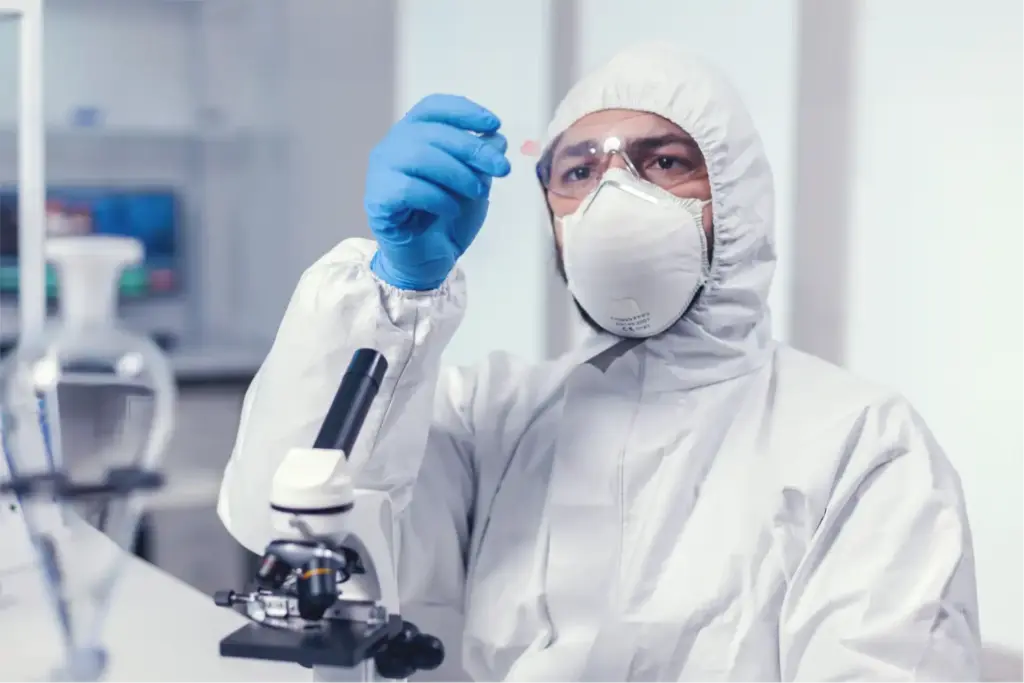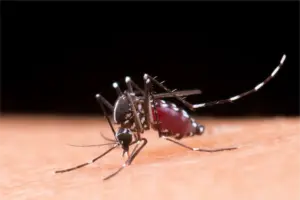
Covid-19 and anxiety: Changes in sperm caused by Covid-19 infection in male mice may alter offspring brain development and increase anxiety-like behaviours, according to researchers at the Florey Institute of Neuroscience and Mental Health.
The preclinical findings, published in Nature Communications, raise the possibility of long-lasting, intergenerational effects from SARS-CoV-2, though scientists stress human studies are needed.
Also Read | Long-COVID risk in children doubles after second infection, study finds
In an established mouse model, adult males were infected with SARS-CoV-2 and allowed to recover for four weeks before mating with uninfected females. “We found that the resulting offspring showed more anxious behaviours compared to offspring from uninfected fathers,” said first author Elizabeth Kleeman. The team reported that all litters sired by previously infected males displayed heightened anxiety-like traits.
Analyses suggest a potential epigenetic mechanism. The virus was linked to altered RNA molecules in paternal sperm, including regulators of genes important for neurodevelopment. In offspring, particularly females, researchers observed significant gene-activity changes in the hippocampus, a brain region central to emotion and stress responses. “These shifts may contribute to the increased anxiety we observed, via epigenetic inheritance and altered brain development,” said co-senior author Carolina Gubert.
Lead investigator Anthony Hannan noted that prior work shows paternal exposures, such as poor diet, can influence offspring via changes in sperm-carried information. “If our findings translate to humans, this could impact millions of children worldwide,” he said, while emphasising that confirmation in human sperm and offspring is essential before drawing clinical conclusions.








